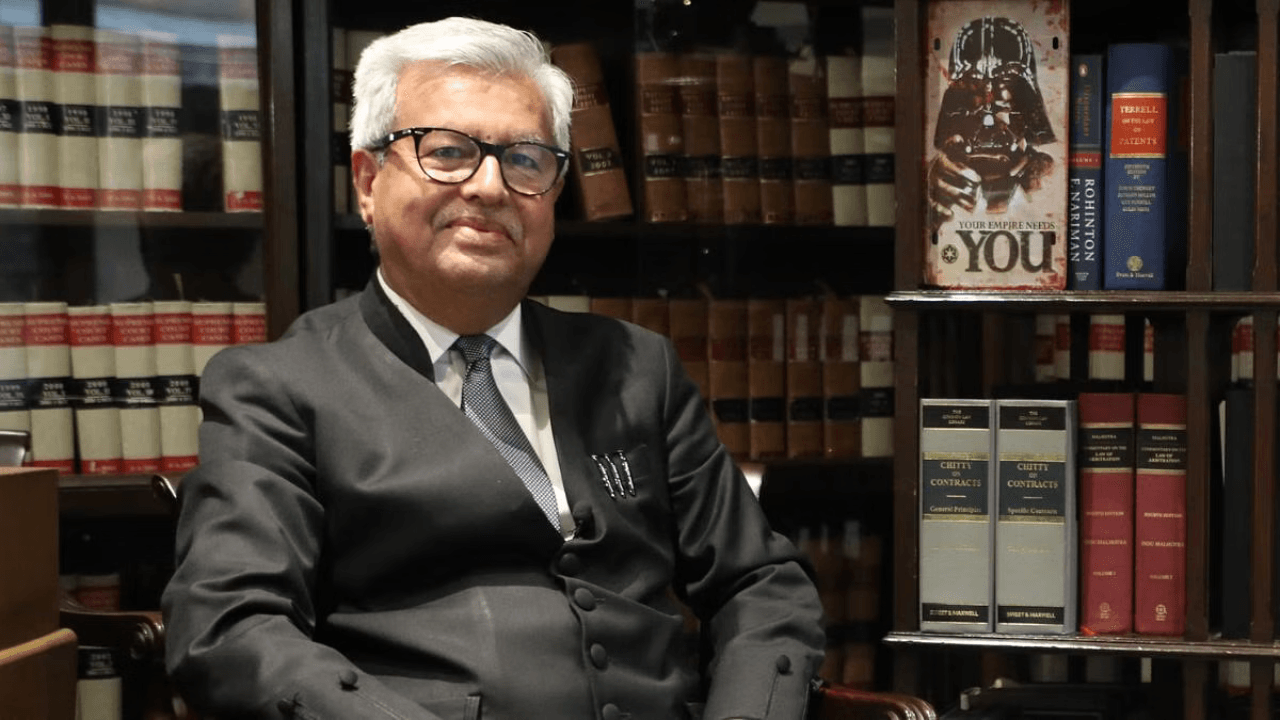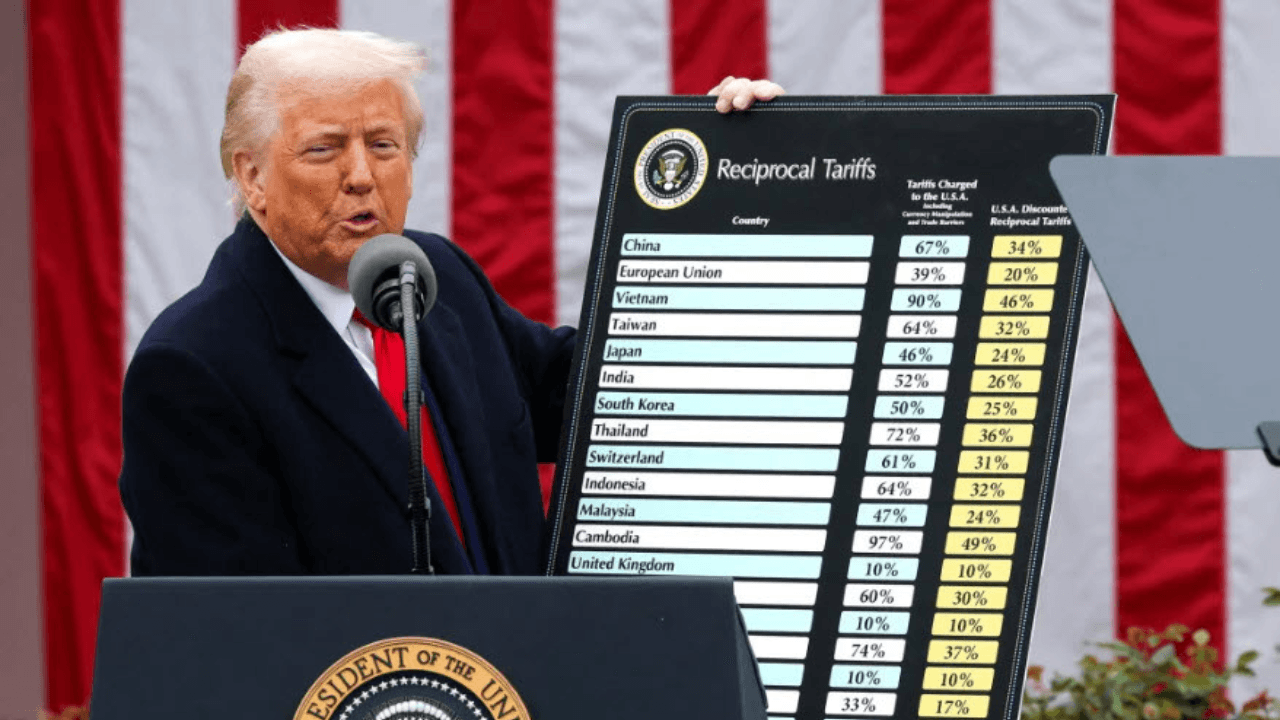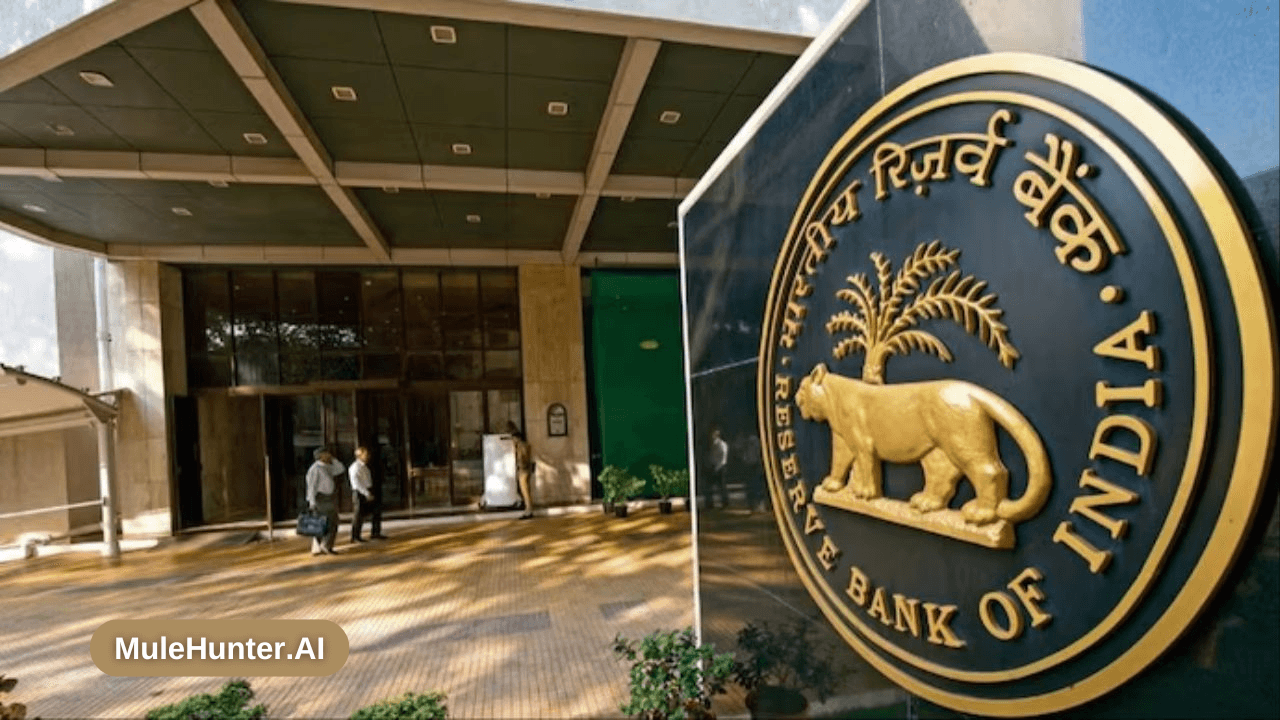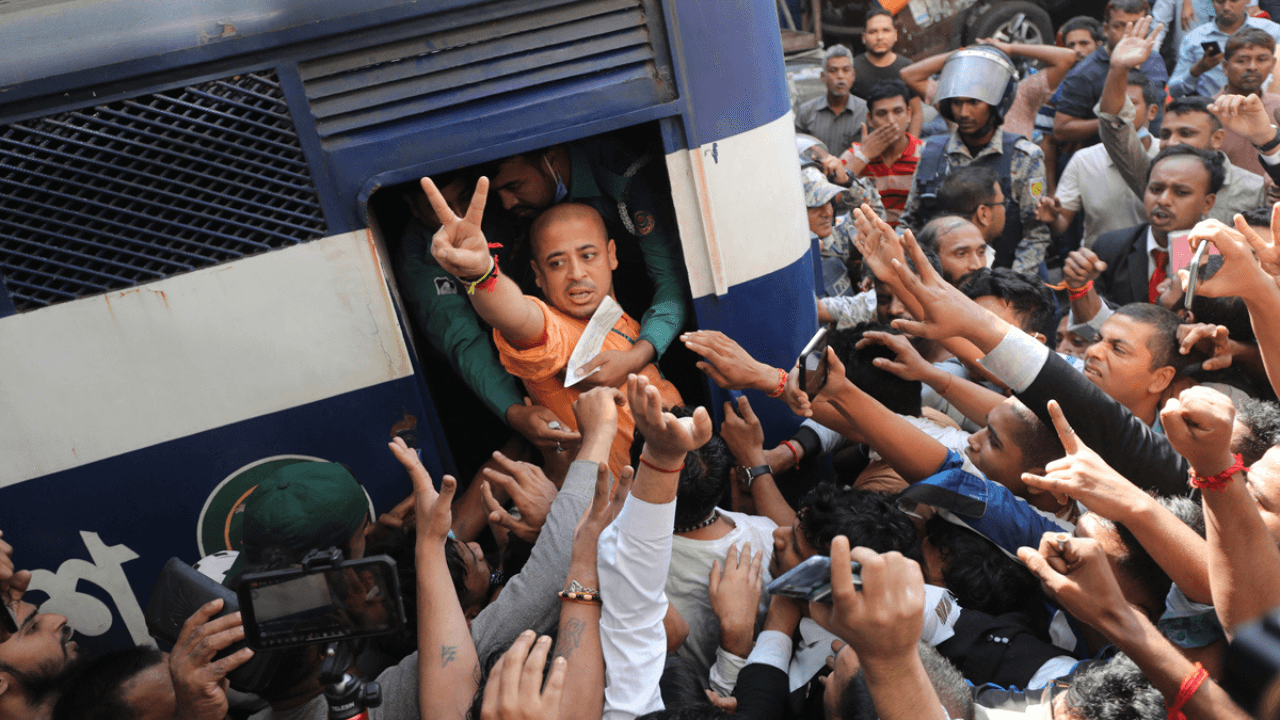In a heartfelt interview with Karan Thapar for The Wire, Dushyant Dave, the former President of the Supreme Court Bar Association (SCBA), shed tears as he expressed profound concerns over India’s increasingly polarized political landscape. Central to his discourse was the role of the majority in protecting the rights of minorities and the troubling implications of judicial interpretations that have the potential to exacerbate societal divisions.
The Ayodhya Verdict: A Turning Point
The Supreme Court’s Ayodhya verdict in 2019 marked a watershed moment in Indian judiciary history—a ruling that many saw as resolving a long-standing dispute. However, it also set a precarious precedent: by concluding that the land where the Babri Masjid once stood should be handed over to Hindu claimants based on historical references and belief rather than strict adherence to constitutional law, the court arguably undermined the secular fabric enshrined in the Indian Constitution.
D.Y. Chandrachud, who was part of the bench that delivered the judgment, initially placed importance on the need to maintain communal harmony and the Constitution’s safeguarding provisions for minority rights. Yet, in what Dave references as a dramatic turnaround, Chandrachud’s later remarks appeared to waver regarding the principles laid out during the verdict. This inconsistency has raised urgent concerns among legal scholars and civil society about the ramifications of such judicial flexibility. In a nation where visceral sentiments often erupt into sectarian conflicts, the upholding of precedents is crucial to maintaining social cohesion—something that seems increasingly fragile.
A Legacy of Division
Dave’s reflections on Chandrachud’s subsequent statements allude to a broader narrative of unease. In his comments, Dave cited alarming instances of societal division, like the labeling of Jumanagar, a Muslim-majority area in Gujarat, as “Pakistan” by certain Hindu groups. Such incidents not only foster an environment of mistrust but also tarnish the principles of coexistence that the Constitution aims to promote.
As a legal luminary, Dave warns that by failing to address and rectify the ramifications of the Ayodhya judgment appropriately, we risk establishing a precedent where the judiciary inadvertently fuels rifts within society. His concerns echo those of Dr. B.R. Ambedkar, the chief architect of the Indian Constitution, who was a staunch advocate for the rights of minorities. Ambedkar argued that the protection of minority rights is not merely a legal obligation but a moral imperative that is foundational to a democratic society. He profoundly understood the fragility of communal harmony and the destructive potential of majoritarian politics.
Provocation and Its Consequences
Dave argues that the ongoing provocation of minorities poses existential threats to communal integrity. With the calls for reinterpretation of religious sentiments by political entities, the fabric of Indian society, which has historically thrived on pluralism, could be irrevocably torn. His assertion that repeated targeting of Muslim communities could lead to anarchy echoes Ambedkar’s warnings about the consequences of ignoring minority rights. Ambedkar poignantly noted that “A great man is different from an ordinary man and a great nation is different from an ordinary nation,” emphasizing that the true measure of a nation lies in how it treats its most vulnerable.
A Personal Plea for Reflection
Dushyant Dave’s emotional appeal, culminating in his thoughts on the trajectory of India’s future, serves as a stark reminder that we must urgently address these issues. The specter of seeing a divided society haunt us, as he notes, invites reflection on the ideals that our forefathers envisioned for this great nation, ideals that transcend religious boundaries and emphasize unity in diversity.
The complexities surrounding D.Y. Chandrachud’s remarks further complicate the existing landscape of Indian politics, suggesting that as leaders of the judiciary engage with political powers, they must uphold a steadfast commitment to protecting the rights and dignities of all citizens, regardless of their faith. Only then can we hope to avert a fate reminiscent of Pakistan or Bangladesh, where sectarianism dominated civic life.
In closing, India stands at a critical juncture where the judicial and political realms must collaborate to reinforce a commitment to constitutional values. As Dushyant Dave poignantly concluded, it is imperative to remember that our actions today shape the legacy we leave for future generations. In this moment, silence is not an option; we must actively engage in the dialogue of inclusion and fairness that our democracy demands.











